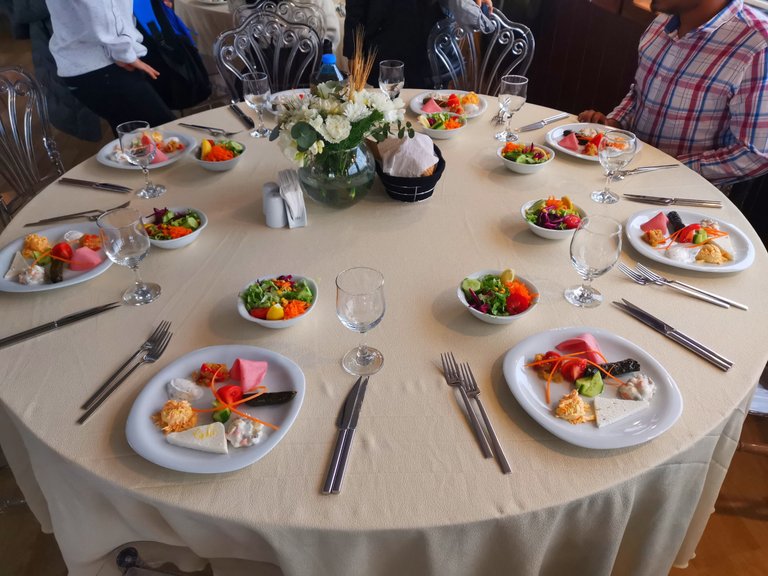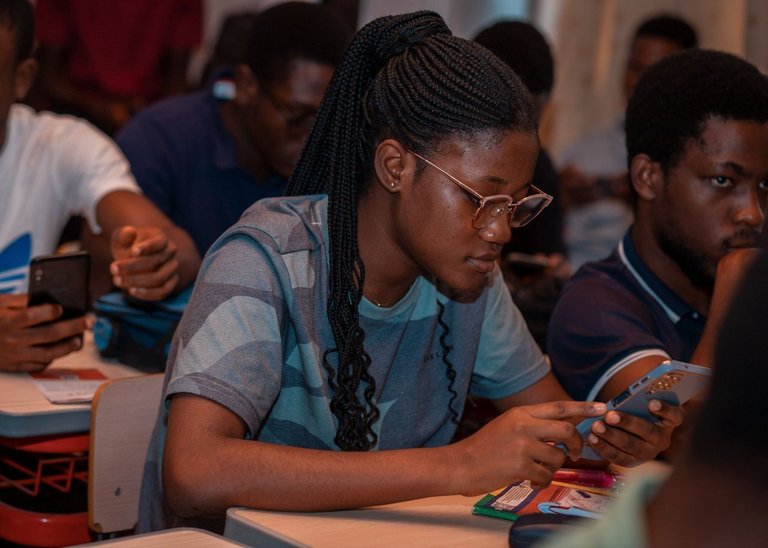The Hidden Power of Not Knowing

There’s an adage that what you don’t know won’t hurt you, and while it’s sometimes used casually, it points to a deeper truth that’s relevant to our daily lives. Think about it: sometimes what you don’t know protects you. It’s an interesting perspective that often that challenges our assumption that knowledge is always power.
Consider health for a minute. There’s an interesting theory that we sometimes invite illness ourselves by holding too much focus on the idea of being sick. Have you ever noticed how some people fixate on a symptom, endlessly Google it and then feel as if they suddenly feel worse? Compare that to someone who shrugs it off, thinking it’s not that big of a deal, they tend to get over it faster, or not get sick at all.
It’s not magic; it’s mindset. This happens when the mind is powerful and decides how the body should behave. Now let’s look at something as fundamental as food. If you knew the precise lengths to which some of your all-time favorite meals went through the factories, the ingredients, the preservatives you would probably never touch them again.

But millions of people consume these foodstuffs daily without facing any immediate harmnor efffect. Consider cholesterol, for example. Once it became widely publicized as a dietary villain, people began avoiding anything remotely connected to it. But long before it became common knowledge, people ingested it without fear and without any axiety or stress.
When we dig too deep, we may end up paralyzed by our findings. The internet with its unlimited resources can work as a great force or foul wind, either way. A simple query for “headache causes” can leave you convinced you have a life-threatening disease. You can be convinced that stress is likely to cause more health problems than the headache in the first place ever will.

This is not to say ignorance is always the solution — awareness matters, too. But there’s also wisdom in not abreasting ourselves with certain information, especially when it produces needless anxiety. Life, after all, isn’t made to be lived under a microscope. We walk by faith, not by sight, as the Bible says. This says a lot because life is not all about what you see or know, it’s about believing beyond that. Faith helps us walk through the unknown without fear, to make the most of our days without getting weighed down by every detail.
To sum up, not knowing all things does not weaken you, it actually strengthens you sometimes. It protects us from needless angst and lets us concentrate on what is really important. We live best when we surrender some understanding to trust and mystery remains a part of our lives because not everything should be known proved or explained. After all, it is faith, not superfluous information, that sustains us. These are my thoughts though and you're free to share yours with me.
Ignorance is not a bliss, as while is true that my friend who works in biscuit factory never eats biscuits from the shop, learning to make your own biscuits and perfecting the skill is quite satisfactory. This example is not about biscuits. He he!
I totally agree with you on this
But most time ignorance can be a deadly disease
ignorance is indeed a serious disease, what you don't know can also kill you
It can be very helpful to gain so much knowledge that you can recognise when it is time to put aside (rest) for a moment what you have gathered (assimilated) to allow enjoyable things to take precedence. You can easily become a prisoner of your own existence without such kinds of experiences.